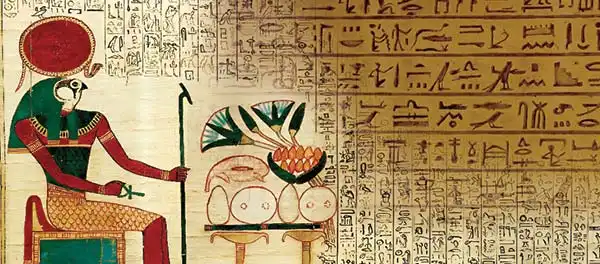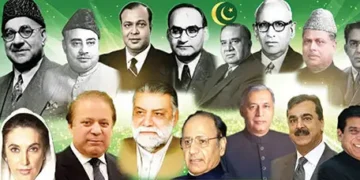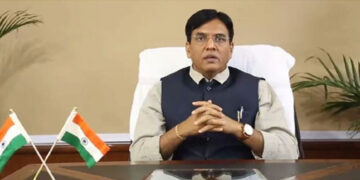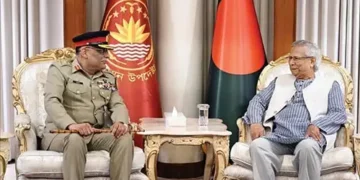MJ Akbar
A literary festival encourages diverse thoughts. A day in serene Bhopal, for a dialogue with Lt General (retired) Raj Shukla on the Middle East, encouraged me to add language to the litany of paradox. Let’s start with the Middle East. Which East is it in the Middle of? If any Asian region can be described as the middle of the east then surely it is India. Colonial names defined a colonial perspective, and we are still struggling to develop an independent language of geopolitics.
The mind wandered towards the mysteries of the spoken word. Is rehearse the opposite of hearse? Hearse is the vehicle of death, so what do we do in a rehearsal? Lift your imagination out of the plastic bag of convention and let it run.
Just in case you are perplexed by the success of English, here are a few helpful facts. Some 80,000 English words, or around 40 per cent of the vocabulary, originated in French. Old French became the literal lingua franca of the English aristocracy after the northern French, or Normans, conquered England in the middle of the 11th century.
Notes from the book
The new upper class used French to demonstrate their superiority, creating an amalgamated language that gave us Shakespeare in the 16th century and international discourse in the 20th. French could not compete because English is French, mispronounced.
English is careless about purity of diction or grammar, and thereby democratic. Carelessness makes it adaptable. As the French might ruefully say: Voila! Some notes from a recent book on my reading list, How the World Made the West: A 4000-Year History by Josephine Quinn. Every familiar alphabet owes something to the birthplace of secular scripture, ancient Egypt. In the Egyptian script, based on the hieroglyph, A resembled the head of a bull (alep), B was a house (bayit), D a door (dalet), and so on. Lebanese traders brought the script to Greece circa 750 BCE.
full of spirit but lacked intelligence; Asians were full of intelligence but lacked spirit. Aristu, widely acknowledged as the First Teacher of European civilisation and a significant influence on Arabian and Persian philosophy, thou shouldst be living at this hour. So much has changed, and so little has changed. (Aristu is Aristotle in Arabic.)
Elements of lottery
In ancient Athenian democracy, six out of seven public posts were determined by lottery; the seventh was reserved for the military. Elements of a lottery are still evident in a contemporary election. In old-world Athens, women wore a veil and needed a male guardian’s sanction to travel or work, so maybe the Taliban should begin studies on the pre-Islamic past. Persian women, in contrast, owned businesses and property, ran shops and travelled freely.
The last word on language must surely be left to the inglorious pun. The Republican American politician John Warner never became famous for his five terms in the Senate from Virginia, but turned into a household name after his marriage to the abundant Hollywood star Elizabeth Taylor in 1976.
As the well-read reader will surely know, he was not her only husband. The stormy Elizabeth Taylor married often, and once the same man twice, which is understandable given that he was Richard Burton. John Warner, her sixth husband, lasted six years. After their marriage a caustic, petulant Democratic opponent remarked that the voters of Virginia had elected the three biggest boobs in the country.
































